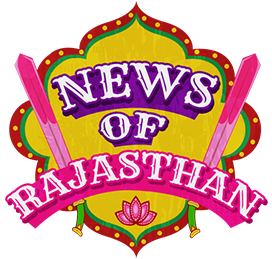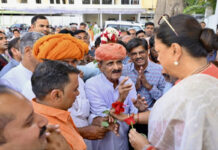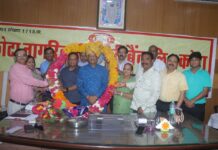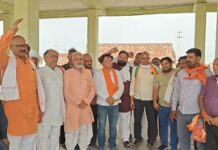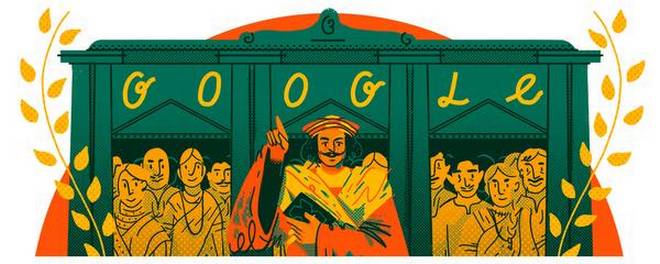
Today’s Google Doodle is dedicated to the 246th birth anniversary of the Indian social reformer Raja Ram Mohan Roy. The doodle designed by Beena Mistry shows an animated figure of Roy along with some people representing the Indian society. Despite being born in a Hindu Brahmin family, Raja Ram Mohan Roy always opposed superstitions and social evil practiced by the Indian society at that time.
Here are some tweets on the occasion of Raja Ram Mohan Roy’s Birth Anniversary:
Pay my tributes to Raja Ram Mohan Roy, great social reformer who is considered as the “Father of Indian Renaissance” on his birth anniversary
— Suresh Prabhu (@sureshpprabhu) May 22, 2018
Let’s remember the great social reformer & founder of the Brahmo Samaj movement, Raja Ram Mohan Roy ji on his Jayanti. He will always be remembered for his contribution in the upliftment of women in Indian society. pic.twitter.com/OkMqpKSoLY
— Manohar Lal (@mlkhattar) May 22, 2018
The father of Indian Renaissance, nationalism, and journalism. On his 246th birth anniversary, we’re celebrating the man who laid the foundation to modern India – Raja Ram Mohan Roy. #GoogleDoodle https://t.co/w9ksBSBHWF pic.twitter.com/SuTXZWrA5y
— Google India (@GoogleIndia) May 22, 2018
A revolutionist and a reformer by birth, Raja Ram Mohan Roy’s ideas and principles were way ahead of his time. Enlisted below are some interesting facts about him that all Indians must know;
• Born on May 22, 1772, Raja Ram Mohan Roy belonged to a high-ranking family of Bengali Brahmins. His father Ramakanto Roy was a Vaishnavite while mother Tarini Devi was a Shaivite, which was uncommon in those days.
• Apart from learning Sanskrit and Bengali in his village school, Ram Mohan also went to Patna to learn Persian and Arabic. Later he went to study Vedas and Upanishads in Kashi.
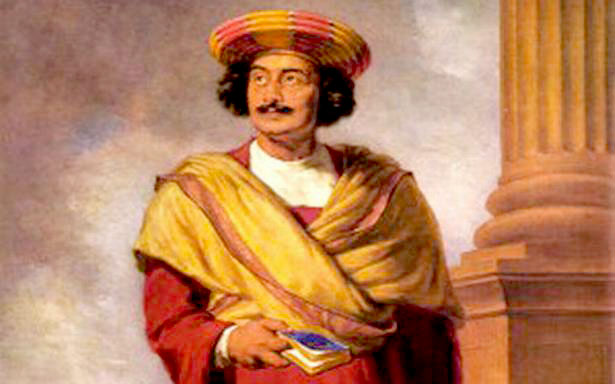
• He married three times throughout his life; his first wife was a child bride who died very early. Later he married again in 1824 but she too passed away and then finally he tied knots with Uma Devi who outlived him.
• After completing his education, he served the East India Company and studied Christianity. This is when he came to know that certain Hindu traditions and rituals need to be reformed.
• In 1815, he found the Atmiya Sabha to propagate Monotheistic Hinduism and then in 1817 he found the Hindu College in Kolkata along with David Hare.
• In 1828, Raja Ram Mohan Roy found the Brahmo Samaj that is said to be one of India’s first socio-religious reform movements. It was a movement for people of all castes, religions, and communities. Through this, he propagated the idea of One God and opposed idol worship.
• He advocated women’s right to remarry and to hold property. It was because of his efforts that the British banned Sati Pratha in 1829.
